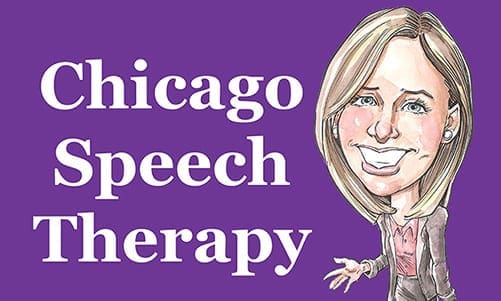What is Stuttering? Stuttering, or the repetition or prolonging of sounds and syllables during speech, is a communication disorder that can affect a child’s quality of life. The negative effects of stuttering can include loss of confidence, embarrassment, low performance in academic matters, and being made fun of by peers. Because of these social and educational side effects, parents are …
How Does the Lidcombe Program Improve Stuttering in Children?
What is the Lidcombe Program? The Lidcombe Program is a form of therapy for stuttering that is specifically designed to treat children under the age of 6, though it has also been used successfully with school-aged children as well. The most important thing to know about the Lidcombe Program is that, unlike many traditional speech therapies, this program contains increased …
How Do I know If My Child has an Articulation Disorder?
Articulation refers to the way humans produce sounds which includes the adjustments and movements of speech organs, such as the tongue or the lips. Sometimes, children will mispronounce a speech sound resulting in speech that is difficult to understand. When they make these same speech errors on a consistent basis, it can be a sign that the child has developed …
How Can the PROMPT Speech Therapy Technique Help Children with Apraxia?
What is the PROMPT Technique? PROMPT stands for “Prompts for Restructuring Oral and Muscular Phonetic Targets.” It is used to restructure the speech production capabilities of children with a variety of speech disorders, including apraxia. PROMPT utilizes specific techniques based on touch pressure, proprioceptive (the body’s sense of itself) and kinesthetic (tactile) cues to help reshape the way the brain …
How Does Speech Therapy Address a Speech Delay?
If your child seems to be struggling with speech development, or if you think that s/he should have a more complex vocabulary by a certain age, you’re not alone. Though speech comes naturally for most of us, it can be frustrating to know that your child is able to comprehend the world around him/her, while simultaneously having trouble expressing himself …
The Different Types of Sensory Processing Disorder (SPD)
Sensory processing disorder, also known as sensory integration disorder or sensory integration dysfunction, is a neurological disorder dealing with the improper processing of environmental stimuli. Individuals with this disorder struggle to correctly absorb and react to sensory outputs such as light, sound, touch, and taste. Particular stimuli become very distressing, causing the individual to become visibly agitated or distraught. The …
Need a Speech Therapist in Chicago?: What You Should Look For
When your child is diagnosed with a speech disorder, one of the most challenging steps can be finding a good speech therapist. On paper, many therapists may appear similar, boasting similar credentials and proper licensing; but anyone who has ever sought medical attention from a professional can tell you that not all doctors or therapists are created equal. Educational Training …
Chicago Speech Therapy: The Effects of Sensory Processing Disorder
Sensory processing disorder (SPD) is a disorder in which individuals experience difficulty with processing information from their surrounding environment and reacting accordingly. Based on a physiological condition in the brain, common symptoms of sensory processing disorder in children include anxiety, inability to focus, agitation, or stubbornness. Every individual with sensory processing disorder reacts differently, mainly because the five senses play …
The Differences between Hyposensitivities and Hypersensitivities in Sensory Processing Disorder
Individuals struggling with sensory processing disorder (SPD), a neurological disorder that affects the proper processing of environmental stimuli, have trouble functioning when presented with seemingly benign daily interactions with his/her surrounding environment. For example, typically normal occurrences, such as a loud car horn or blinking streetlight may not be processed accurately, or elicit an unusual reaction by a person with …
Words help people form mathematical concepts, study finds
A study based on research on deaf people in Nicaragua who never learned formal sign language showed that people who communicate using self-developed gestures, called homesigns, were unable to comprehend the value of numbers greater than three because they had not learned a language containing symbols used for counting. By contrast, deaf people who acquire conventional sign language as children …
